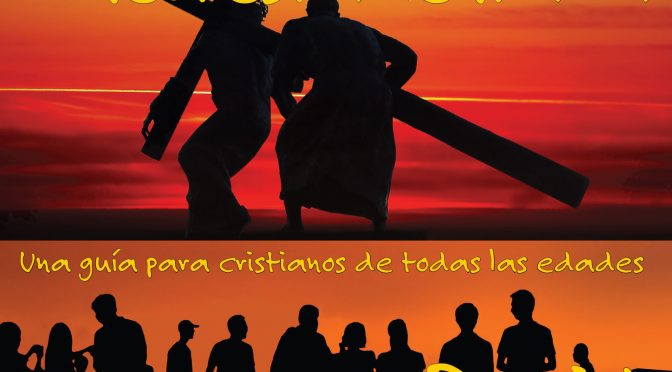(From Dave Black Online, June 27, 2017. Used by permission.)
8:12 AM Did you know that students at the College of Charleston can take a class called Sport Physiology and Marathon Training? Bet you’ll never guess what the final exam is. You guessed exactly right. Running a marathon. I ask you humbly: How can students take “New Testament” and remain overfed, arrogant, and unconcerned? The U.S. spends more on trash bags than almost half the world spends on all goods combined. This helps me better understand Paul’s teaching in 1 Tim. 1:5: “The goal of our instruction is love.” I like how The Message puts it: “The whole point of what we’re urging is simply love — love uncontaminated by self-interest and counterfeit faith, a life open to God.”
I’m finally beginning to connect the dots. As an old Scottish proverb puts it: “Greek, Hebrew, and Latin have their proper place, but it’s not at head of the cross where Pilate put them, but at the foot of the cross in humble service to Jesus.” God is requiring from our New Testament students obedience. Not the kind that is little more than an hour of inconvenience on Sunday morning. The next time there’s a Run for Nepal — a 5K race in Morrisville, NC dedicated to raising funds to rebuild that country after its devastating 2013 earthquake — I hope hundreds of born-again Jesus freaks will sign up with me. “Broken and poured out for you” is the way Jesus, I think, would put it. Jesus left heaven to come to the foulest place in the universe only to be betrayed by His own. When His followers are asked to do the same thing, they can only hear and obey (hearken). I once asked God to send me to a closed country. I knew it was a dangerous prayer. But I meant it. And He answered. At the very same time, it was glaringly obvious to anyone who took the time to notice that my stateside priorities were far more about me and my scholarly reputation than about God and other people. Richard Rohr writes that “… power, prestige, and possessions are the three things that prevent us from recognizing the reign of God….” (Simplicity, p. 56). The pattern of ascent is so ingrained in our circles that it may be physically painful for some of us to reject it. But if I am to “take the lowest place” (Luke 14:10), I’ll need to get off my high horse.
τὸ δὲ τέλος τῆς παραγγελίας ἐστὶν ἀγάπη.
I hate this kind of simplicity. I hate asking to be countercultural, even as an academic. But that’s where I am, folks. I am so over upward mobility. I’m ready to join to Jesus at the bottom. And ask my dear students to do the same.
